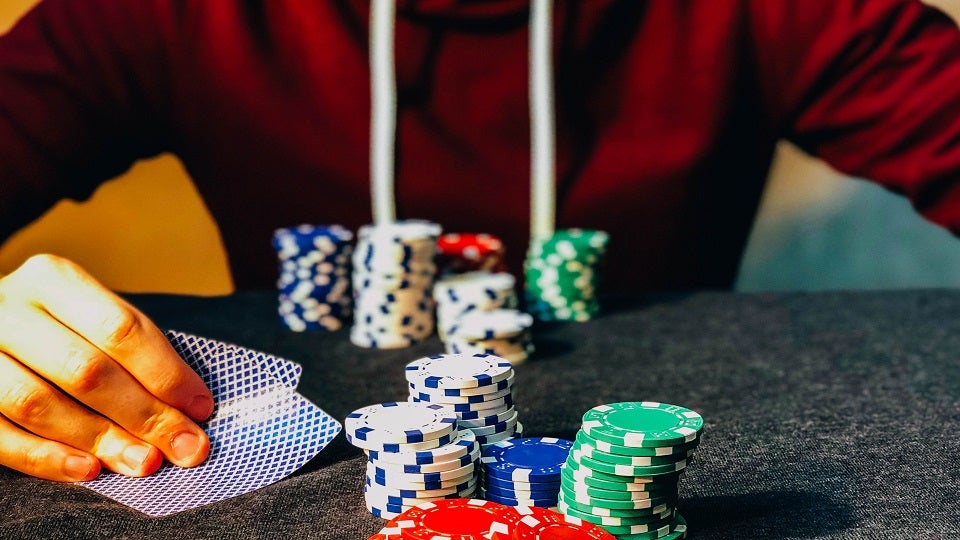Gambling disorder is a medical illness
Published: 27 Apr 2018

A survey done by the National Council on Problem Gambling found that the number of Singaporeans and permanent residents gambling rose from 44 per cent in 2014 to 52 per cent last year, raising concerns over gambling addiction in Singapore.
While the number of gambling addicts has risen only slightly thus far, from 0.7 per cent in 2014 to 0.9 per cent in 2017, gambling addiction can be disruptive, causing financial woes, straining family relations and possibly even lead to crimes.
“I have seen many families broken down by gambling, and many distressed gamblers developing depression and committing suicide”, said Dr Thomas Lee, an alumnus of NUS Medicine and a consultant psychiatrist of Resilienz Clinic.
Gambling addicts typically comprise problem and pathological gamblers, and doctors can use an international set of standards to determine if one is addicted to gambling and the nature of their gambling disorder. The assessment focuses on 10 criteria, such as the need to gamble with more money to achieve their desired excitement, or getting restless when they cut back etc. Those who meet more than five criteria are classified as pathological gamblers, known to have less control over their gambling behaviour and are generally more impulsive than problem gamblers.
Unlike alcohol or drug addiction, gambling addicts do not always have visible problem signs, though there are telltale signs that can be used to gauge if they have become addicts. For instance, family members can observe the amount of time they spend with their families, as gambling addicts usually spend less time with them and even miss out on important occasions such as graduations and birthdays. Overall, mood swings and sudden burst of angers are also more common. Gambling addicts may also become more withdrawn or have difficulties paying attention.
When addicts seek help, the first step is usually abstinence from all kinds of gambling, before they are referred for counselling and relevant financial management resources to help them alleviate their anxieties about debts and addiction. Regular attendance at support groups and the support of family and friends will also provide them with the strength to rid their addiction.
While relapses can be common, they are avoidable. “Gambling disorder is a medical illness,” said Dr Lee.
“Like all medical illnesses, treatment can help. It is important that gamblers and their family members recognise the warning signs and seek treatment early to prevent the damaging effects of gambling addiction,” he added.
News Coverage

